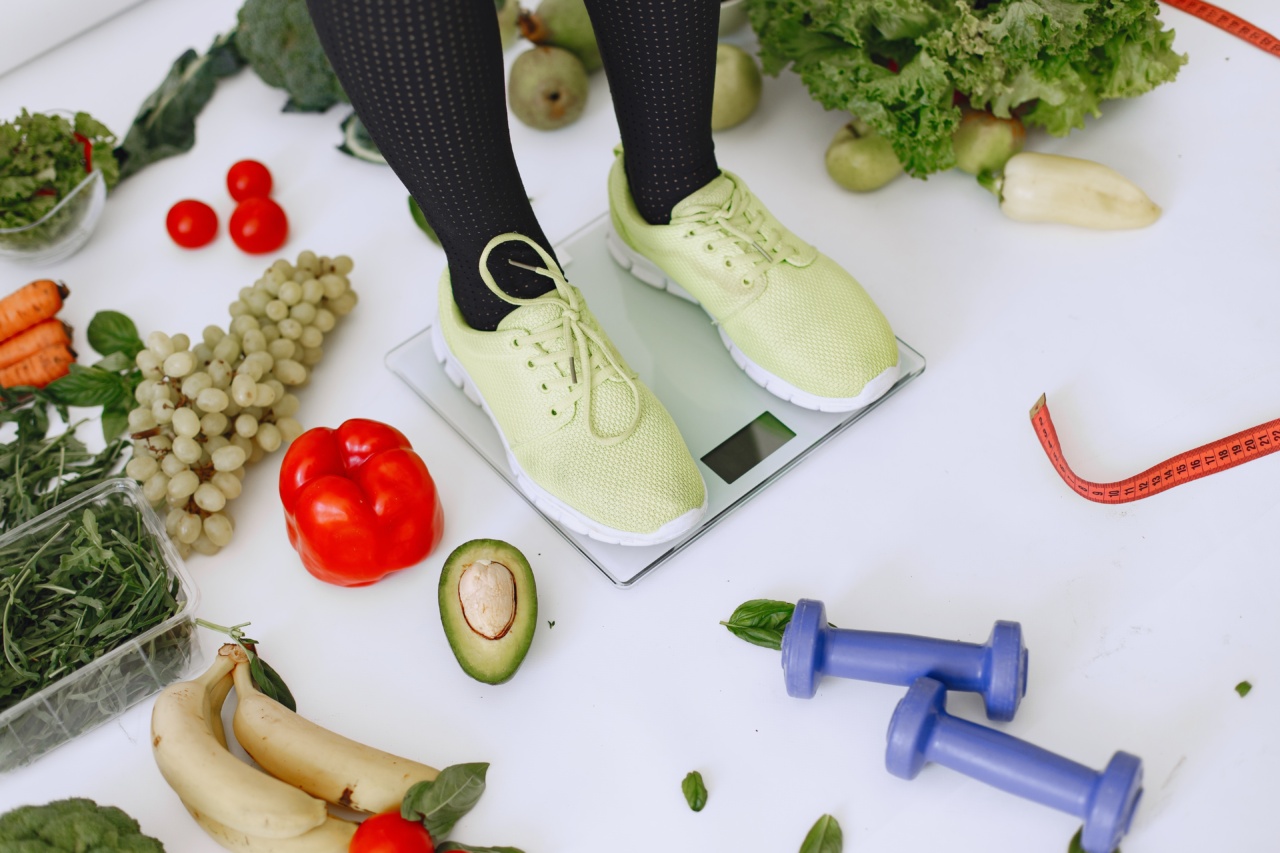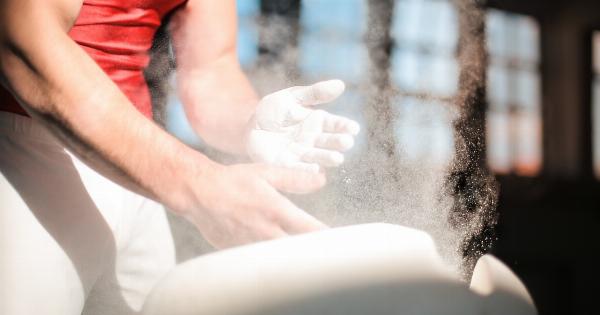When it comes to maintaining a healthy physique, preserving muscle mass is key. As we age or undergo periods of inactivity, there is a natural tendency for our muscles to deteriorate.
However, with the right dietary choices, it is possible to prevent muscle loss and even promote muscle growth. In this article, we will explore the various ways through which you can protect your muscles and maintain strength by adopting a proper diet.
The Importance of Protein
One of the primary components of muscle tissue is protein. Therefore, consuming adequate amounts of protein on a daily basis is crucial for preventing muscle loss.
Aim to include a good source of protein in each meal, such as lean meats, poultry, fish, eggs, dairy products, legumes, or tofu. These protein-rich foods provide the building blocks needed for muscle repair and growth.
Meeting your Caloric Needs
It is important to consume enough calories to support your muscle mass. When you do not meet your body’s caloric needs, it may lead to muscle breakdown as the body seeks alternative sources of energy.
Calculate your daily caloric requirements based on factors like age, gender, weight, and activity level, and ensure you consistently meet or slightly exceed this target to maintain muscle mass.
Focus on Essential Nutrients
A well-rounded diet is essential for preventing muscle loss. In addition to protein, make sure to include sources of other key nutrients, such as vitamins and minerals. Some nutrients that play a particularly important role in muscle health include:.
1. Vitamin D
Vitamin D is crucial for muscle function and strength. It aids in the absorption of calcium, which is necessary for muscle contractions. Spend time outdoors to get natural sunlight, which triggers the body’s production of Vitamin D.
Additionally, include foods like fatty fish, fortified dairy products, and egg yolks in your diet to ensure an adequate intake of this essential vitamin.
2. Omega-3 Fatty Acids
Omega-3 fatty acids possess anti-inflammatory properties, which can help protect muscles from damage caused by excessive inflammation.
Include fatty fish like salmon, mackerel, or sardines in your diet, as they are excellent sources of omega-3 fatty acids. Alternatively, you can consume flaxseeds, chia seeds, or walnuts as plant-based sources of these beneficial fats.
3. Magnesium
Magnesium is an important mineral that supports muscle function and aids in energy production. Include magnesium-rich foods like dark leafy greens, nuts, seeds, and whole grains in your diet to promote healthy muscle function.
Stay Hydrated
Proper hydration is crucial for muscle health. When you are adequately hydrated, it allows essential nutrients to reach your muscles, facilitates waste removal, and prevents muscle cramps.
Make sure to drink enough water throughout the day, especially during and after physical activity.
Timing of Meals
When it comes to preventing muscle loss, the timing of your meals is as important as the content. It is essential to distribute your protein intake evenly throughout the day to optimize muscle protein synthesis.
Try to include a source of protein in each meal and consider consuming a protein-rich snack before bedtime to provide your muscles with a continuous supply of amino acids during the overnight fasting period.
Resistance Training and Protein Synthesis
While diet plays a vital role in preserving muscle mass, it is essential to combine it with regular resistance training.
Engaging in activities that challenge your muscles, such as weightlifting, stimulates muscle protein synthesis, leading to increased muscle mass and overall preservation. As you exercise your muscles, the consumption of protein-rich foods becomes even more critical to ensure adequate muscle repair and growth.
Avoid Excessive Alcohol Consumption
Alcohol can negatively impact muscle health. Excessive alcohol consumption can interfere with protein synthesis and impair vitamins and mineral absorption, leading to muscle breakdown.
Limit your alcohol intake or avoid it altogether to protect your muscles and support overall wellbeing.
Monitor Your Progress
To ensure that your dietary choices are effectively preventing muscle loss, it is essential to monitor your progress. Keep a record of your dietary intake, exercise routines, and any changes in muscle strength and endurance.
If you notice any concerns or challenges, consider consulting a registered dietitian who can provide personalized guidance.
Conclusion
Maintaining muscle mass is crucial for overall strength and wellbeing.
By following a diet that prioritizes adequate protein intake, essential nutrients, and proper hydration while engaging in regular resistance training, you can prevent muscle loss and promote muscle growth. Remember to monitor your progress and make adjustments as necessary to support your individual needs and goals. Take care of your muscles, and they will take care of you.































